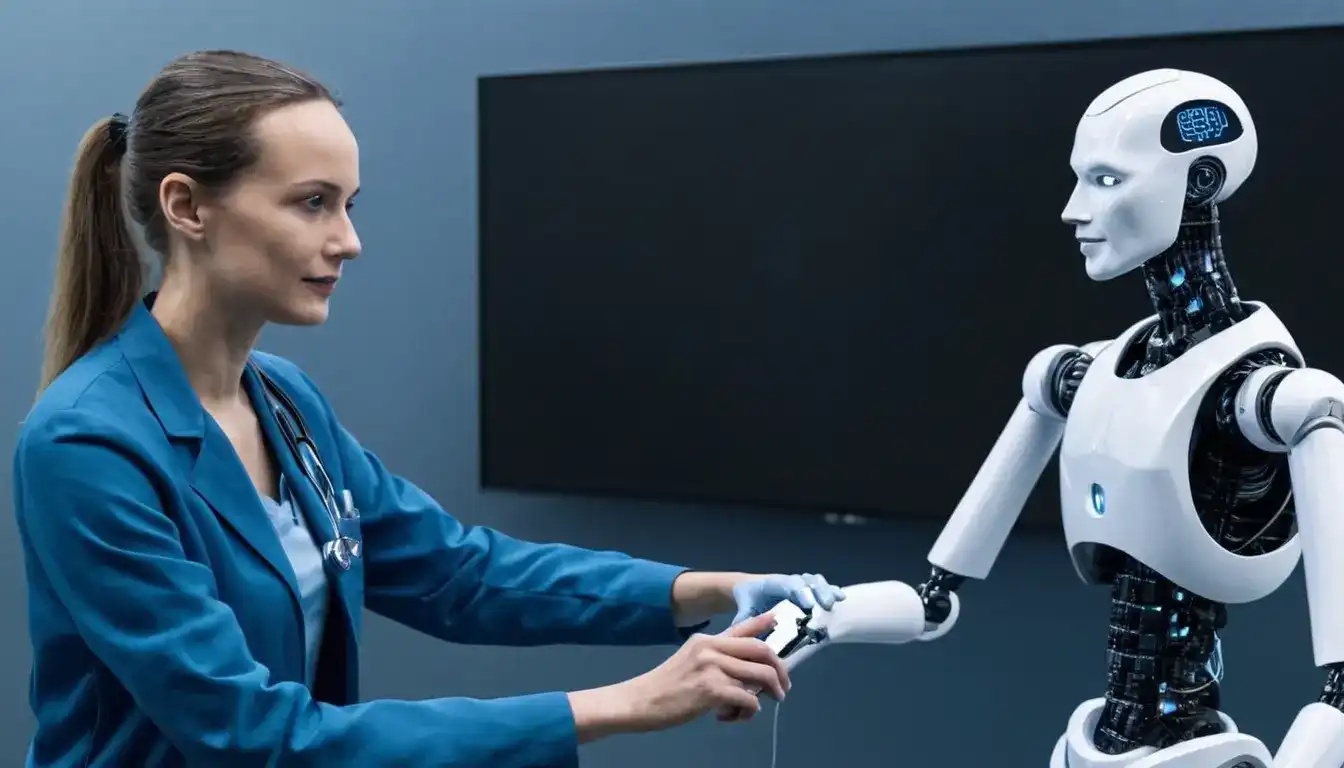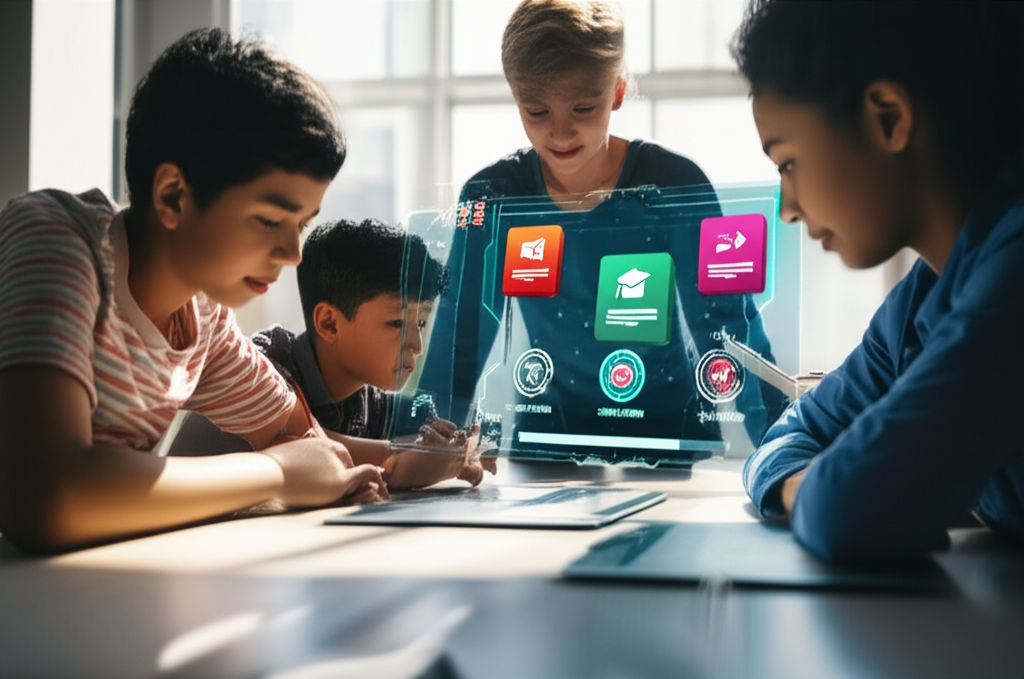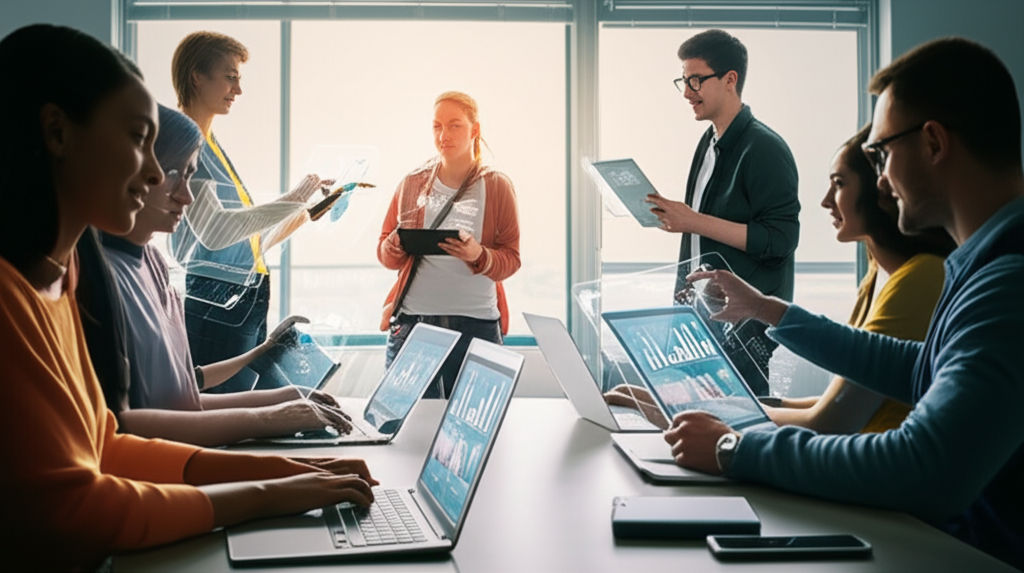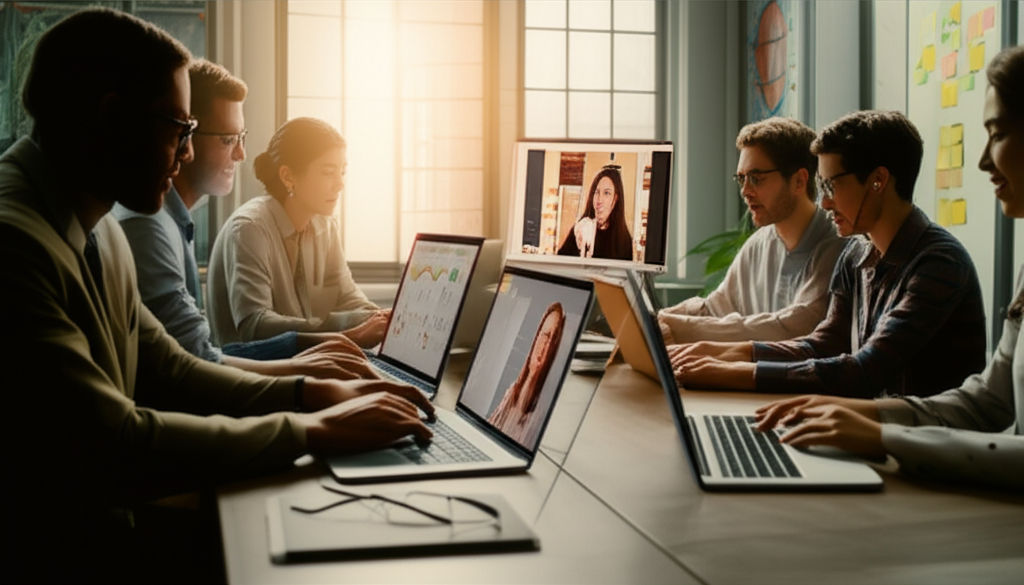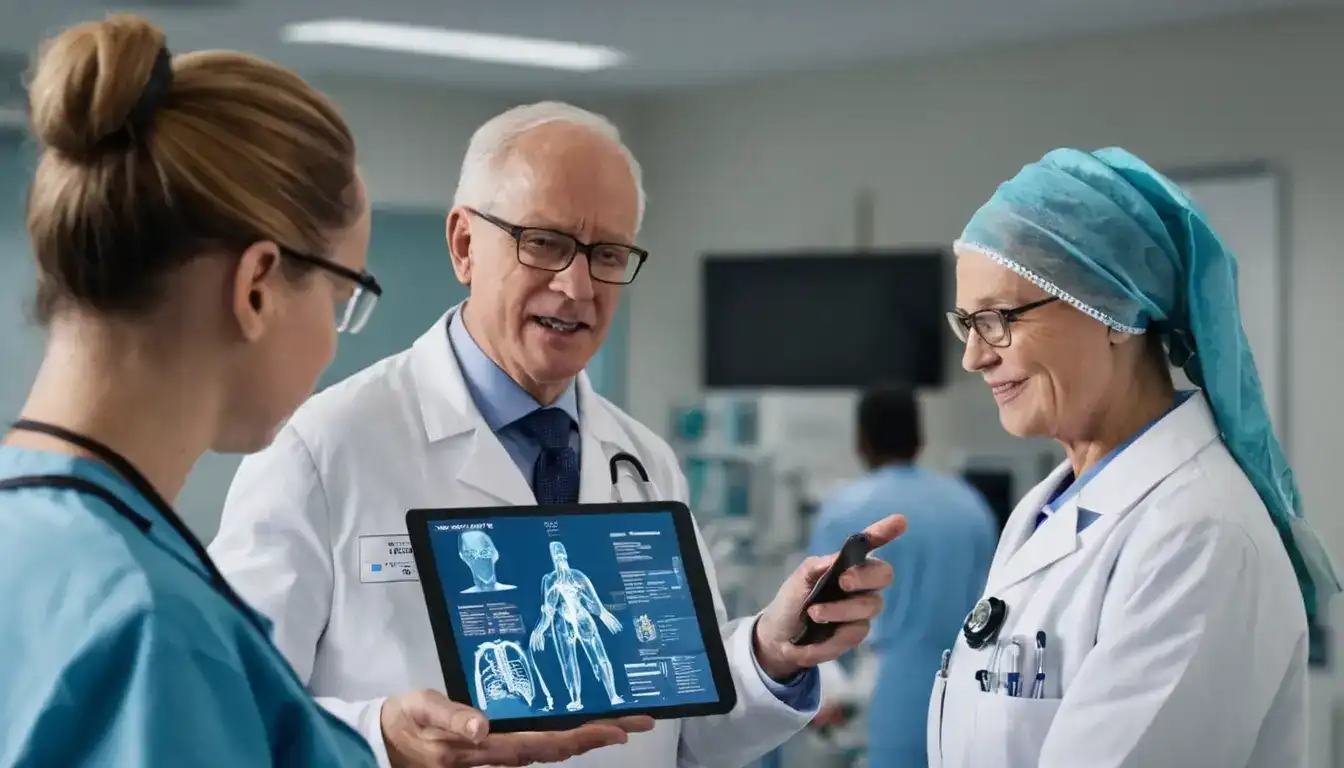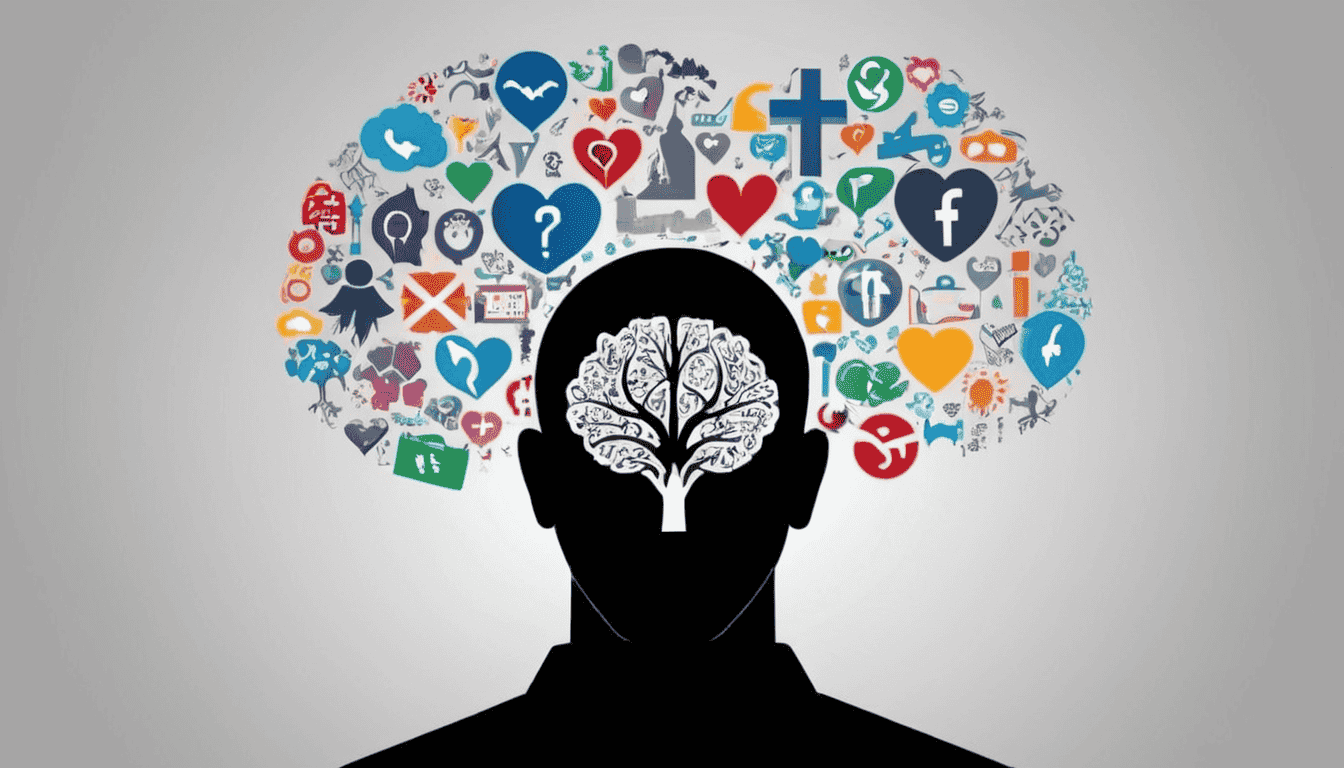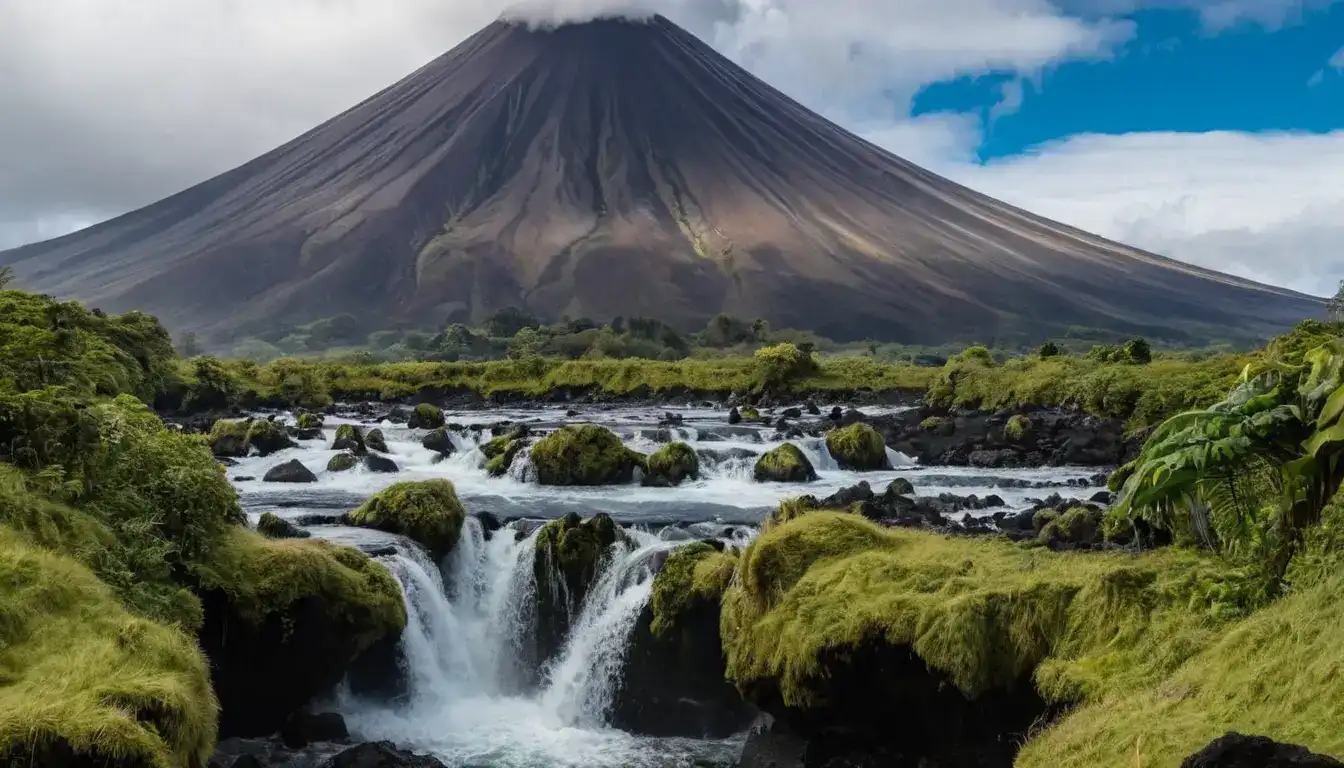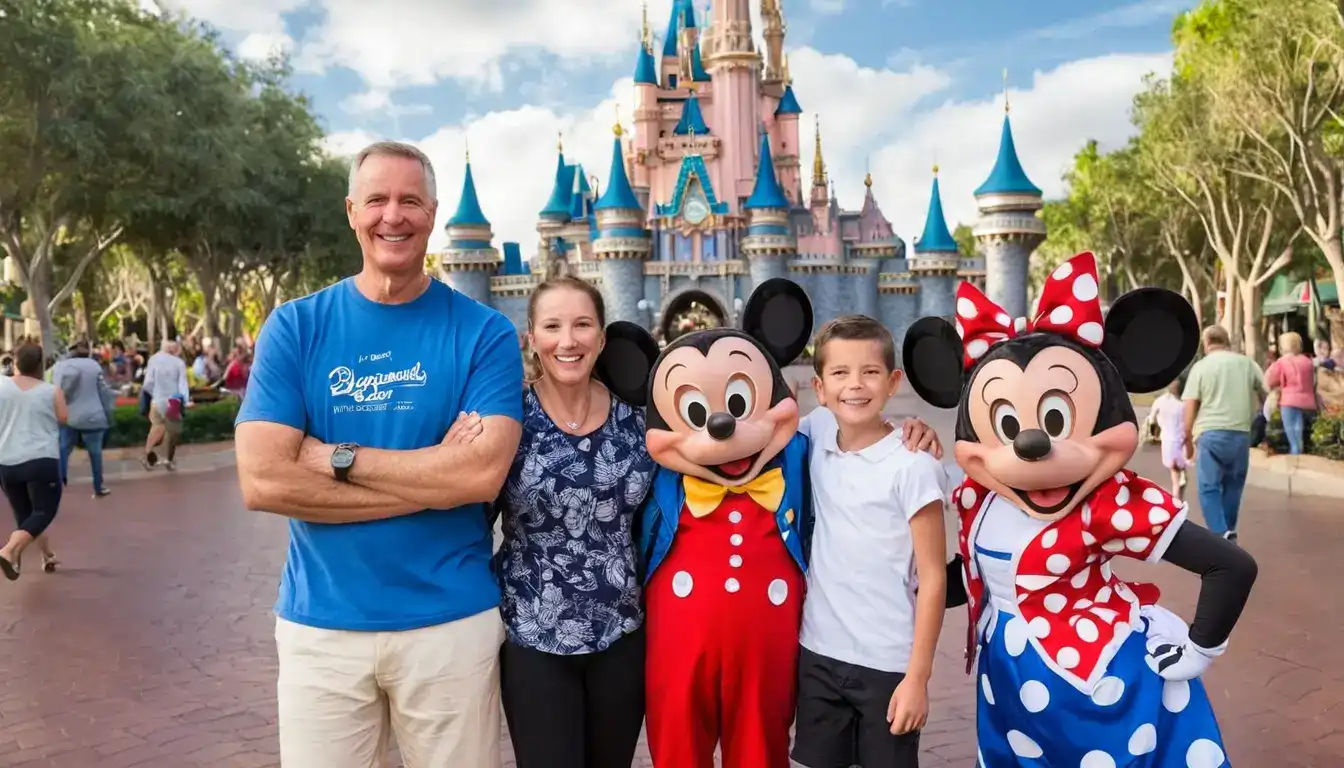Environmental Ed: Cultivate Eco-Consciousness
Emily Willis
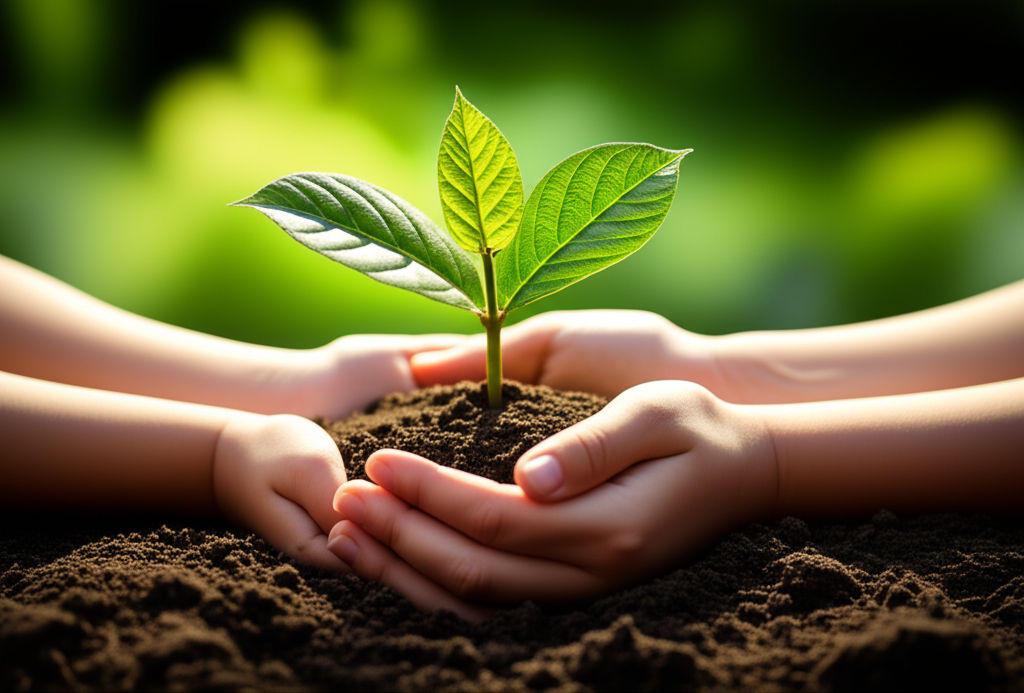
Photo: Environmental Ed: Cultivate Eco-Consciousness
Environmental Ed: Cultivating Eco-Consciousness for a Greener Tomorrow
Have you ever stopped to truly think about the world around you? The rustling leaves, the clean air, the fresh water – these are precious gifts that often go unnoticed in our busy lives. But with growing environmental challenges like climate change, pollution, and resource depletion, it's more vital than ever to understand our planet and how our actions affect it. This is where environmental education comes in, playing a crucial role in helping us cultivate eco-consciousness and embrace sustainable living.
This article will explore what it means to be eco-conscious, why environmental education is so important, and practical steps we can all take to foster a deeper connection with nature and live more eco-friendly habits.
What Exactly is Eco-Consciousness?
At its heart, eco-consciousness is about being deeply aware of the intricate relationship between human actions and the health of our planet. It's not just about knowing that climate change is happening or that plastic pollution is a problem; it's about understanding why these issues exist and recognizing that our daily choices, from the food we eat to the energy we use, have real repercussions on the environment.
Think of it as developing a "green sixth sense" – a constant awareness of our environmental footprint. People with high ecological awareness actively strive to minimize their negative impact and contribute positively to ecological health. They choose a philosophy of life that prioritizes protecting the environment to conserve it and ensure its present and future balance.
More Than Just "Being Green"
While often associated with simple actions like recycling or turning off lights, eco-consciousness goes much deeper. It involves a fundamental shift in mindset, moving beyond just reacting to visible problems to proactively shaping a more sustainable and resilient environment. It's about questioning habits, seeking knowledge, and being open to change.
Why Environmental Education Matters More Than Ever
In a world facing unprecedented environmental challenges, environmental education is not merely a subject; it's a lifelong commitment to creating a sustainable world. It equips us with the knowledge, skills, and attitudes needed to navigate a rapidly changing world and promote sustainable lifestyles.
Bridging the Knowledge Gap
Many of us grow up without a comprehensive understanding of how ecosystems function or the gravity of global environmental issues. Environmental education helps bridge this knowledge gap, increasing awareness and comprehension of critical issues like climate change, biodiversity loss, and pollution. It provides scientific data and helps us understand the urgency needed to respond to the situation.
Empowering Action
Knowledge without action is limited. Environmental education empowers individuals to think critically, improve problem-solving and decision-making skills, and ultimately take meaningful action. It fosters a sense of personal responsibility and motivates people to address community and environmental issues. When people understand the "why," they are more likely to engage in "how."
Fostering a Deeper Connection with Nature
Perhaps one of the most profound benefits of environmental education is its ability to deepen our connection with nature. Spending time outdoors, exploring parks, hiking, or gardening fosters an appreciation for the environment's beauty and a sense of responsibility to protect it. Research shows that a stronger psychological connection with nature can lead to greater pro-environmental behaviors, such as recycling or buying seasonal food. This connection can even improve mental and physical health, reducing stress and anxiety.
The Pillars of Cultivating Eco-Consciousness
Cultivating eco-consciousness is a journey, not a destination. It involves several interconnected pillars that build upon each other.
1. Knowledge is Power: Understanding Our World
The first step towards becoming more eco-conscious is to learn. This means understanding:
- Ecosystems and Biodiversity: How natural systems work and why the variety of life on Earth (biodiversity) is crucial.
- Climate Change and Its Impacts: Grasping the science behind global warming, extreme weather events, and rising sea levels.
- Resource Depletion: Understanding the finite nature of resources like water, forests, and minerals, and the impact of overconsumption.
- Pollution: Learning about air, water, and soil pollution, and their effects on human health and the environment.
Sources for Learning:
- Books and Documentaries: Many excellent resources are designed to engage minds on environmental topics.
- Online Courses and Workshops: Numerous platforms offer in-depth learning about sustainable living and environmental science.
- Local Experts and Organizations: Engage with local environmental groups or community centers for insights specific to your area.
2. Hands-On Experience: Connecting with Nature
Direct interaction with nature is incredibly powerful for fostering eco-consciousness.
- Outdoor Activities: Spend time exploring parks, hiking trails, or even your own backyard. Notice the details: the texture of bark, the sound of birds, the smell of rain.
- Gardening: Planting trees or tending to a garden teaches practical skills and instills a sense of stewardship. It also helps you understand the cycle of life and the effort required to grow food.
- Citizen Science: Participate in local projects that monitor water quality, track wildlife, or clean up natural spaces. This provides a tangible way to contribute to environmental health.
These experiences help develop empathy and a deeper appreciation for the natural world.
3. Practical Application: Living Sustainably
Translating knowledge into action is key to cultivating eco-consciousness. This involves adopting eco-friendly habits in our daily lives.
- Reduce, Reuse, Recycle (The Classic 3 Rs): This fundamental principle is about minimizing waste.
- Reduce: Buy less, choose products with minimal packaging, and avoid single-use items like plastic bags and bottles.
- Reuse: Opt for reusable bags, water bottles, and containers. Repair items instead of replacing them.
- Recycle: Understand your local recycling guidelines and properly sort materials like paper, plastic, and glass.
- Mindful Consumption:
- Food Choices: Shift towards a plant-rich diet, which generally has a lower environmental impact. Support local and seasonal produce to reduce transportation emissions. Reduce food waste by planning meals, using leftovers, and composting.
- Energy Use: Turn off lights and appliances when not in use. Use energy-efficient appliances and light bulbs (LEDs). Consider supporting renewable energy sources.
- Water Conservation: Take shorter showers, fix leaky faucets, and be mindful of water use in your home and garden.
- Product Choices: Choose durable, ethically produced items with minimal environmental impact. Support businesses that prioritize sustainability.
- Sustainable Transportation: Walk, cycle, use public transportation, or carpool whenever possible to reduce carbon emissions.
4. Community & Advocacy: Amplifying Our Impact
Individual actions are powerful, but collective efforts can create systemic change.
- Joining Local Groups: Many communities have environmental clubs or organizations working on local issues like clean-ups, tree planting, or conservation.
- Advocating for Change: Support policies that prioritize sustainability, raise awareness about environmental issues, and engage in civic discussions.
- Sharing Knowledge: Talk to friends, family, and neighbors about what you've learned and the small changes they can make. Leading by example has a significant impact.
Eco-Consciousness in Everyday Life: Actionable Steps for Everyone
It's easy to feel overwhelmed by the scale of environmental challenges, but remember, every small step makes a difference.
At Home: Simple Shifts for a Greener Household
- Conduct a Home Energy Audit: Identify areas where you can improve energy efficiency, such as sealing air leaks around windows and doors.
- Unplug "Energy Vampires": Electronics plugged in still draw power even when turned off. Use power strips and switch them off when not in use.
- Compost Food Scraps: This reduces landfill waste and creates nutrient-rich soil for your plants. [3, 15,
Latest ✨
View AllFiscal policy is a crucial tool used by governments to influence economic activity and achieve various objectives. It involves decisions on government spending, taxation, and borrowing. During economic downturns, fiscal policy plays a key role in supporting recovery, stimulating demand, and promoting growth.
Emily Willis
time management for academic success, providing reasons why it is crucial and practical strategies to improve time management skills. It highlights the benefits of effective time management, such as meeting deadlines, enhancing productivity, reducing stress, and balancing academic and personal life.
Emily Willis
Artificial Intelligence (AI) is transforming the healthcare industry by improving diagnostic accuracy, personalizing treatment plans, and accelerating drug discovery. AI applications in diagnostics, imaging, patient care, and drug development are enhancing efficiency and patient outcomes. However, ethical considerations such as data privacy and algorithm bias must be addressed. The future of AI in healthcare looks promising with advancements in natural language processing, robotic surgery, and remote patient monitoring. Embracing AI technologies responsibly will lead to a more accessible, efficient, and patient-centered healthcare system.
Emily Willis
Bored with learning? Gamification makes education fun, engaging, and effective! Apply game elements to boost motivation, retention, and transform your learning.
Emily Willis
Business
View All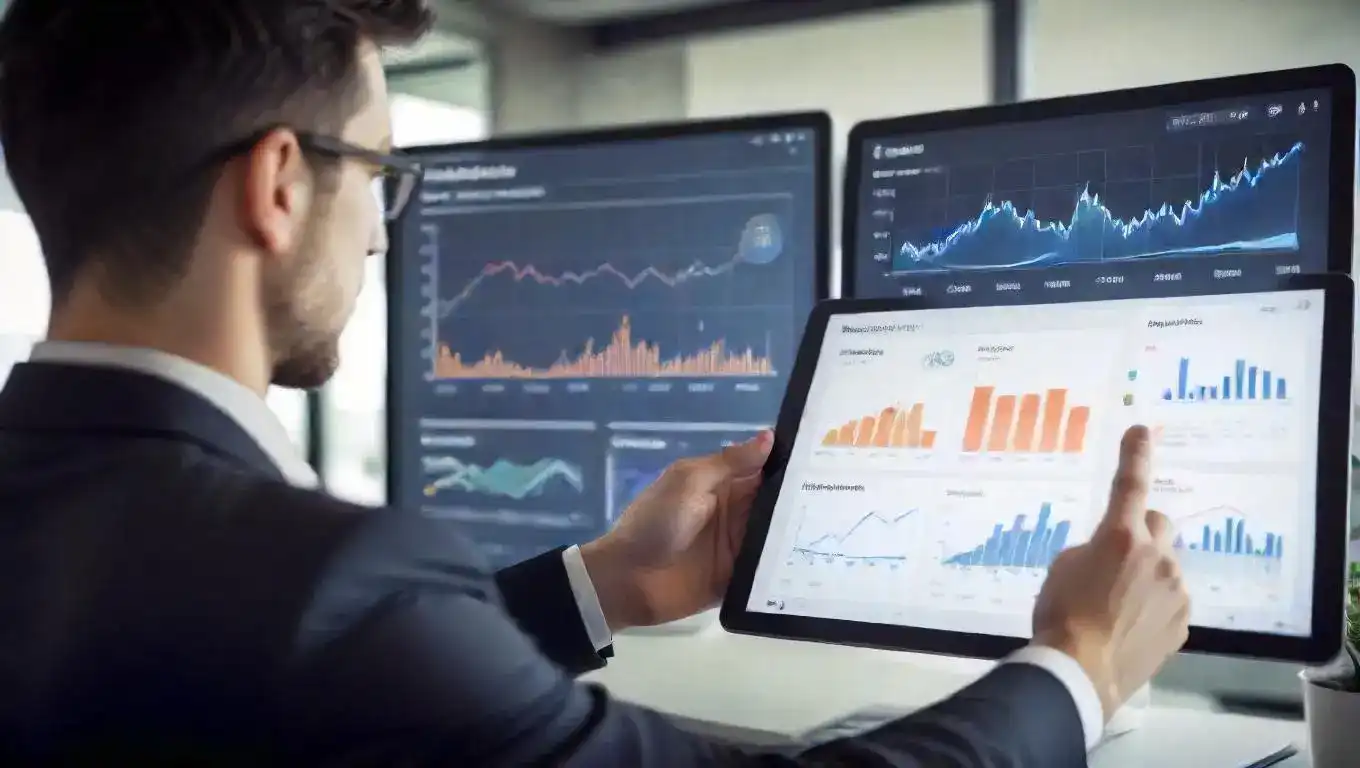
August 5, 2024
Effective SEO Strategies to Increase Your Website Trafficoverview of Search Engine Optimization (SEO) and outlines essential strategies for optimizing a website and content to attract more organic traffic. It covers fundamental concepts of SEO, keyword research, creating high-quality content, on-page and off-page SEO, technical SEO, measuring and analyzing SEO performance, and additional tips for sustainable SEO success.
Emily Willis

June 8, 2025
Team Building Activities for WorkUnlock workplace synergy! Discover how effective team building activities boost communication, engagement, innovation, and productivity for high-performing team...
Emily Willis

June 8, 2025
SWOT Analysis: Boost Your BusinessBoost your business with SWOT analysis! Learn to identify strengths, weaknesses, opportunities & threats for informed decisions & strategic growth.
Emily Willis
Economy
View AllThe inflation threat explained. Understand its causes and discover effective cures to protect your purchasing power and navigate economic challenges.
Read MoreUnlock the power of Human Capital! Discover why it's the vital asset for the future of work, driving innovation & competitive advantage. Learn key strategies.
Read MoreDeveloped economies face a new global order. Understand how they're adapting to multipolar power, tech disruption, and climate change for future prosperity.
Read MoreEntertainment
View All
August 4, 2024
Social Media's Influence on Celebrity Culture: Trends and ImpactsSocial media has revolutionized celebrity culture by enabling direct fan engagement, promoting authenticity, and creating new trends such as influencer marketing and digital content creation.
Emily Willis

August 5, 2024
Fandom's Power: Passionate Communities and Cultural ImpactFandoms are dedicated groups of fans who come together around a shared love for a book series, movie franchise, or other interest. They provide a sense of belonging and community for individuals, particularly those who may feel like outsiders in their everyday lives.
Emily Willis

August 5, 2024
Video Games: Enduring Appeal, Immersive Worlds, and Diverse Genresenduring appeal of video games, highlighting their ability to transport players to fantastical realms, challenge their minds, and foster connections with others. It explores the magic of immersive worlds, the vast array of genres available, and the social power of gaming.
Emily Willis
Health
View AllThe healthcare landscape is being transformed by technological advancements, with telehealth and remote care providing convenient access to healthcare services. Artificial intelligence is revolutionizing diagnostics, personalized medicine, and drug discovery. Wearable technology is empowering patients to take control of their health.
Emily Willis
significance of mental health awareness in today's fast-paced world. It discusses the importance of understanding mental health, breaking down stigma, and promoting positive mental health practices.
Emily Willis
our minds are often overwhelmed with information and stimuli, leading to stress and anxiety. Mindfulness and meditation offer tools to cultivate inner peace and well-being. Mindfulness involves being present in the moment without judgment, while meditation involves focusing attention on an object or thought.
Emily Willis
Trending 🔥
View All
1
2
3
4
5
6
7
8
9
10
Sports
View AllAugust 4, 2024
Sports Technology Innovation: Revolutionizing Training and Performance Analysis
Read MoreAugust 5, 2024
Sportsmanship in the Spotlight: Cultivating Respect, Integrity, and Ethical Behavior
Read MoreTechnology
View All
August 5, 2024
How to Build a Smart Home Using IoT Devices
The concept of a smart home has become a practical reality for many homeowners, utilizing IoT devices to automate and control household functions.
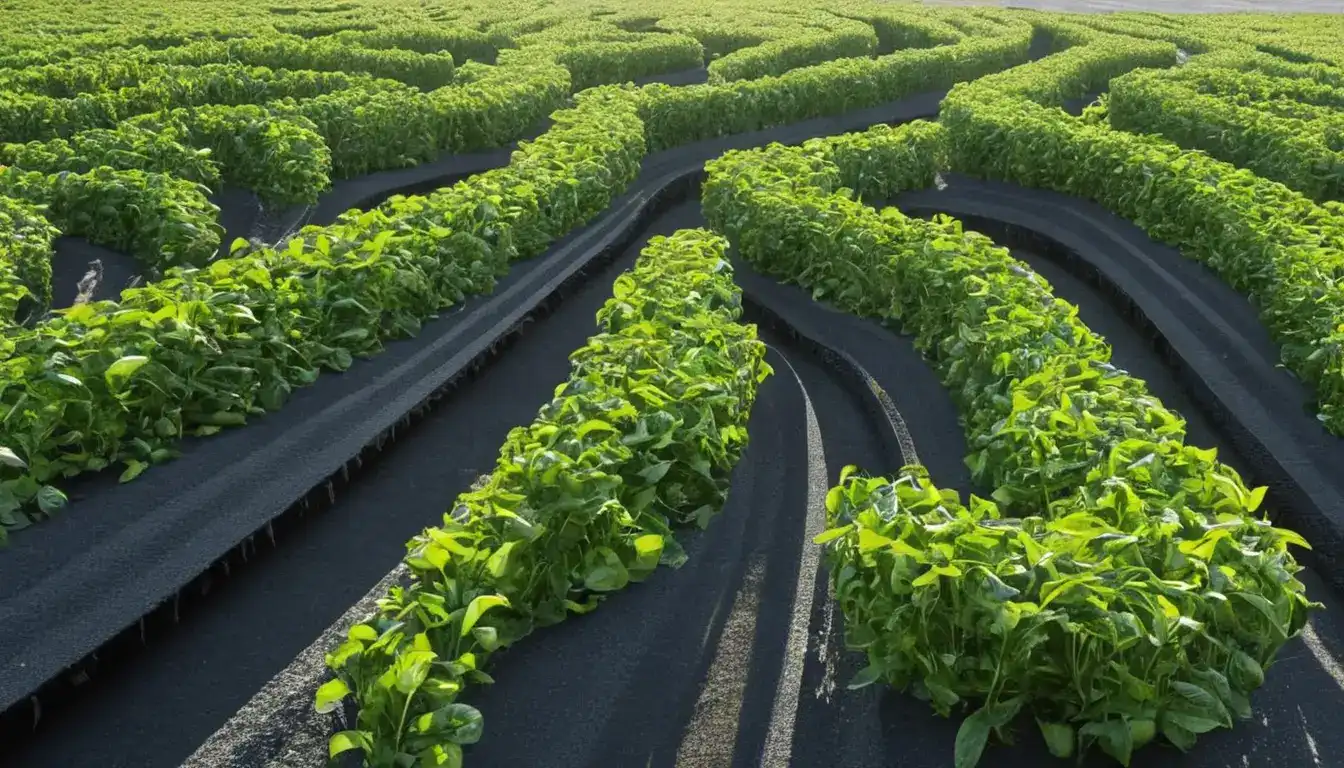
August 4, 2024
Sustainable Technology: The Key to a Greener Future
sustainable technology in addressing environmental challenges and creating a more sustainable future.
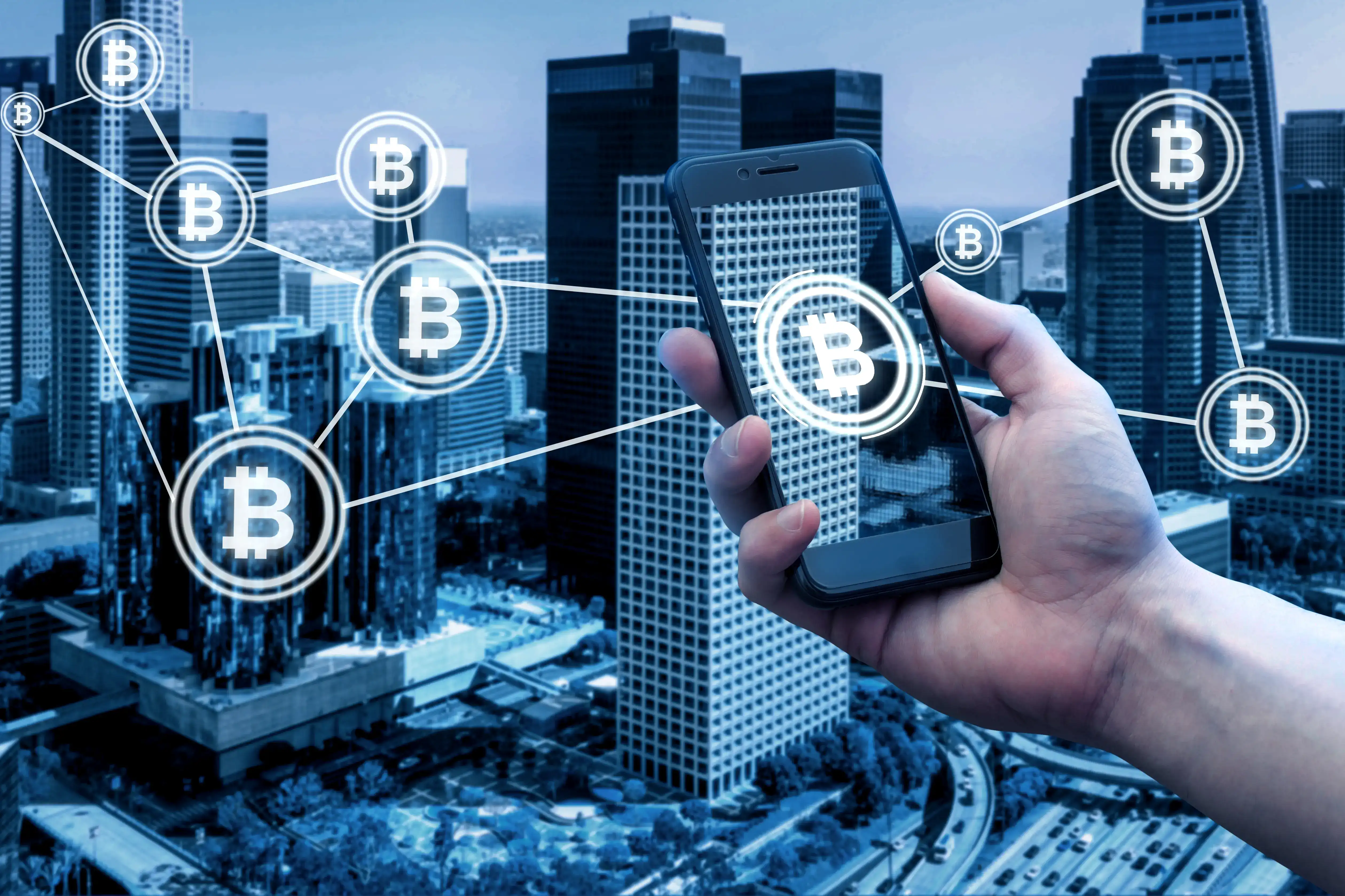
August 5, 2024
Blockchain Applications in Various Fields
Blockchain technology, originally associated with cryptocurrencies, has evolved to find applications in various industries beyond finance. It offers transparency, security, and decentralization, making it suitable for transforming sectors such as financial services, supply chain management, healthcare, government, energy, real estate, and education.

August 4, 2024
Amidst Economic Uncertainty, Businesses Adapt and Innovate for Survival
The business world can be unpredictable, but companies can thrive by embracing adaptation and innovation. Understanding market trends, economic indicators, and global factors is crucial for charting a successful course.


